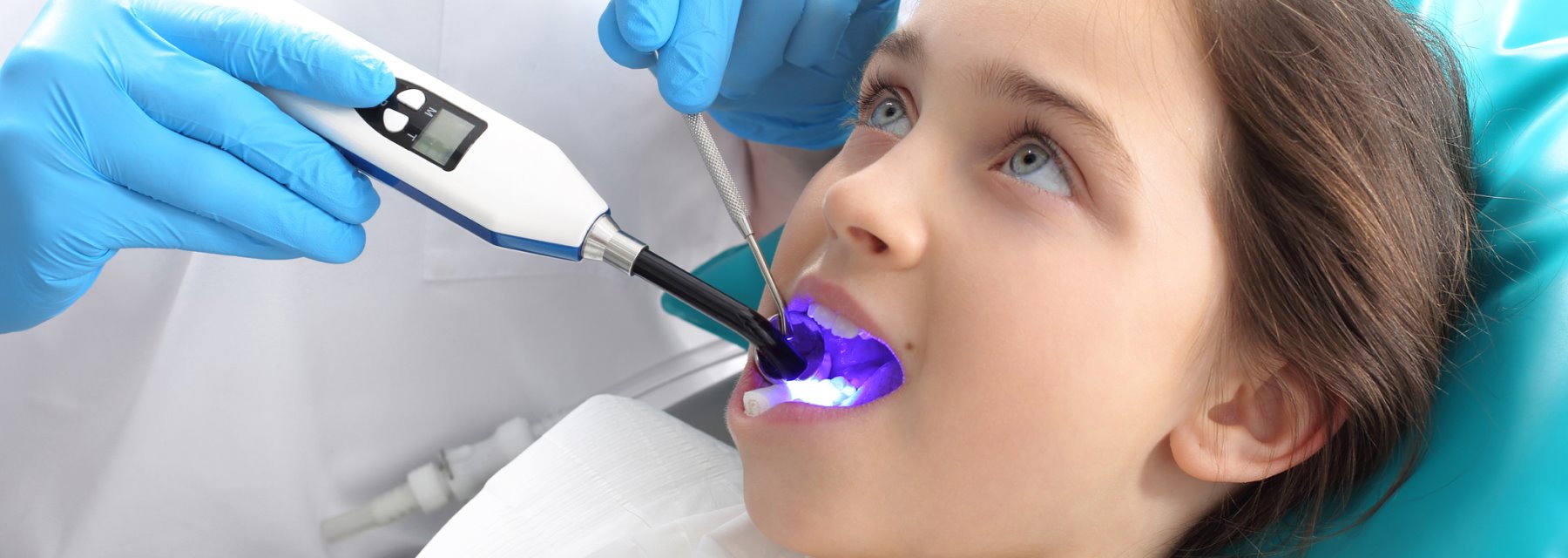
Teething
A baby's first tooth typically erupts between 6 to 12 months of age. Gums are sore, tender and sometimes irritable until the age of 3. Rubbing sore gums gently with a clean finger, the back of a cold spoon or a cold, wet cloth helps soothe the gums. Teething rings work well. While your baby is teething, it is important to monitor the teeth for signs of baby bottle decay. Examine the teeth, especially on the inside or the tongue side, every two weeks for dull spots (whiter than the tooth surface) or lines. A bottle left in an infant's mouth while sleeping can cause decay.
Preventing Baby Bottle Tooth Decay
Tooth decay in infants can be minimized or totally prevented by not allowing sleeping infants to bottle-feed. Infants that need a bottle to comfortably fall asleep should be given a water-filled bottle or a pacifier.
Infant's New Teeth
Primary (baby) teeth play a crucial role in dental development. Without them, a child cannot chew food properly and has difficulty speaking clearly. Primary teeth are vital to development of the jaws and for guiding the permanent teeth into place when they replace the baby teeth around age 6. Since primary teeth guide the permanent teeth into place, infants with missing primary teeth or infants who prematurely lose primary teeth may require a space maintainer, a device used to hold the natural space open.
Infant Tooth Eruption
A child's teeth actually start forming before birth. As early as 4 months of age, the primary (baby) teeth push through the gums—the lower central incisors are first, then the upper central incisors. The remainder of the 20 primary teeth typically erupt by age 3. Permanent teeth begin eruption around age 6, starting with the first molars and lower central incisors. This process continues until around age 21. Adults have 28 permanent teeth—32 including the third molars (wisdom teeth).
A Child's First Dental Visit
A child's first dental visit should be scheduled around his/her first birthday. The most important part of the visit is getting to know and becoming comfortable with the dental team. A pleasant, comfortable first visit builds trust and helps put the child at ease during future dental visits.
Good Diet and Healthy Teeth
The teeth, bones and soft tissue of the mouth require a healthy, well-balanced diet. A variety of foods from the five food groups helps minimize (and avoid) cavities and other dental problems. Children should receive healthy foods like vegetables, low-fat yogurt and cheeses, which promote strong teeth.